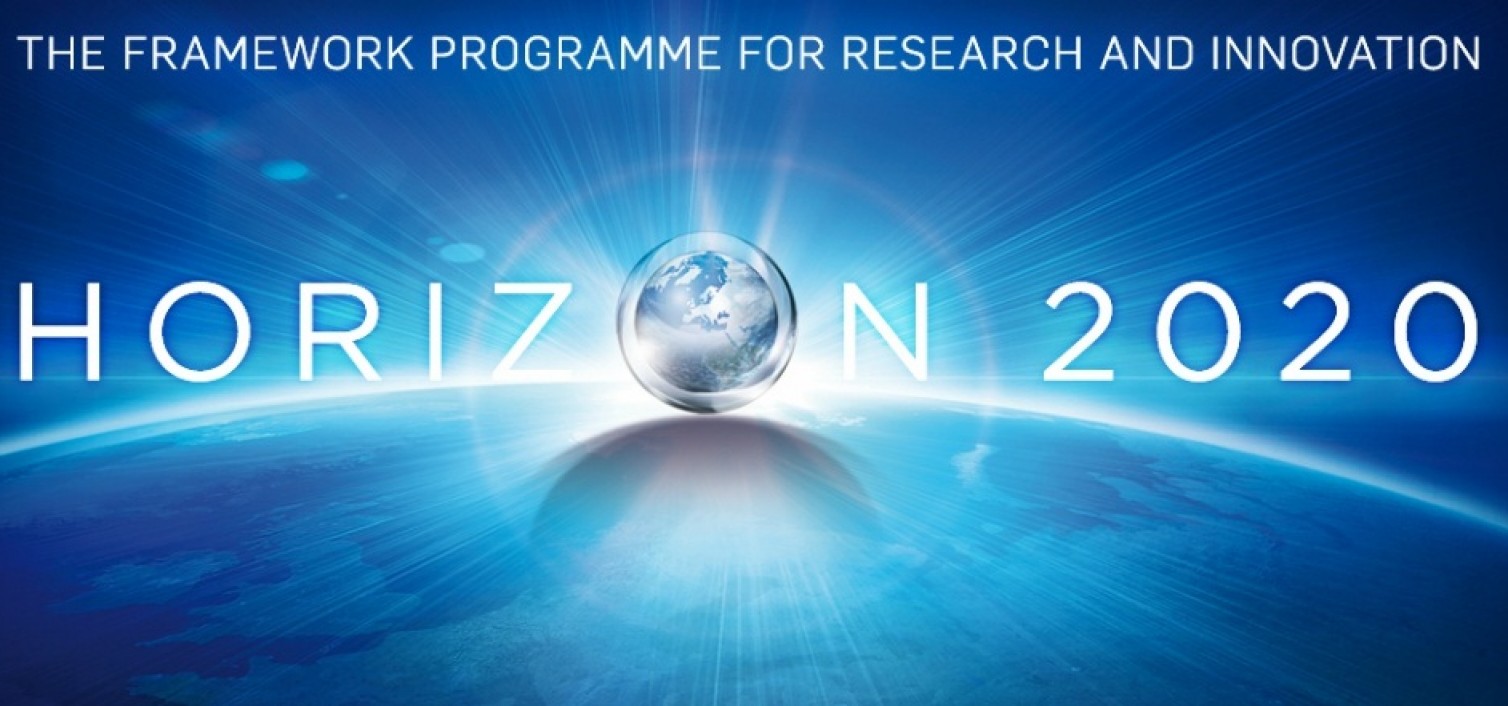If you’re an energy researcher, you might want to join the workshop on funding under the Horizon 2020 programme this Friday, September 15. It’s all about matchmaking to be eligible for EU funding. Professor Paulien Herder, director of the Delft Energy Initiative, will chair the workshop.
Professor Paulien Herder, director of the Delft Energy Initiative, will chair the workshop. She made some time in her busy schedule to answer questions on the event.
To get things straight, what is the Horizon 2020 programme?
“The primary target group is TU Delft researchers. We want to let them know the content of the new 2018-2020 research programme. Subsequently, they can confer and discuss the themes that TU Delft stands a good chance of getting funding for. So the workshop is also a sort of match-making for TU Delft researchers. The secondary target group is companies associated with TU Delft that can also enter proposals for the Horizon 2020 programmes. In fact, every proposal must be a joint effort between research institutions and companies. That is why we have invited businesses to join the match-making event and to let us know where their interests lie. The workshop is a kind of dating event.”
How can energy researchers judge if the workshop is useful for them?
“Horizon 2020 typically funds large projects by big consortia. Proposals are judged on both their scientific merits and their societal impact. This means that this is not a venue for fundamental scientific research. There should always be a coupling with one or more companies, who should be partners in the consortium. So researchers who stay in their labs and do their own project would waste their time at the Horizon 2020 workshop. Also, people should bear in mind that only about 10% of the proposals get funding and that existing consortia often stand the best chance. Of course, you can start from scratch, but then you should start a year ahead by building a consortium and getting to know each other.”
I understand the chance of landing funding is only 10%?
“This applies to the Netherlands and Belgium, which perform pretty well in the European perspective. It means a lot of effort for a small chance of success. But what can you do? Apparently, we’re still doing better than average.”
According to a report from 2015, the Netherlands was sixth on the list of most successful countries with 1,144 projects funded. TU Delft was 21st on the list of successful institutions with 23.8 million euros of funding.
Heb je een vraag of opmerking over dit artikel?
j.w.wassink@tudelft.nl


Comments are closed.